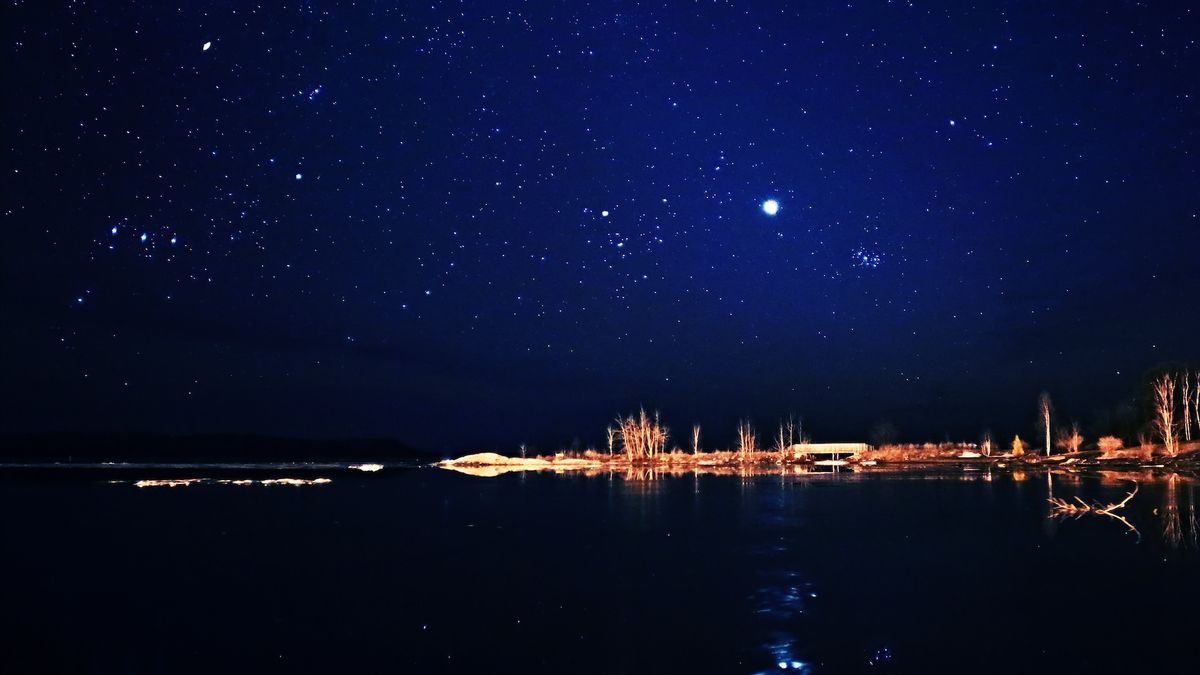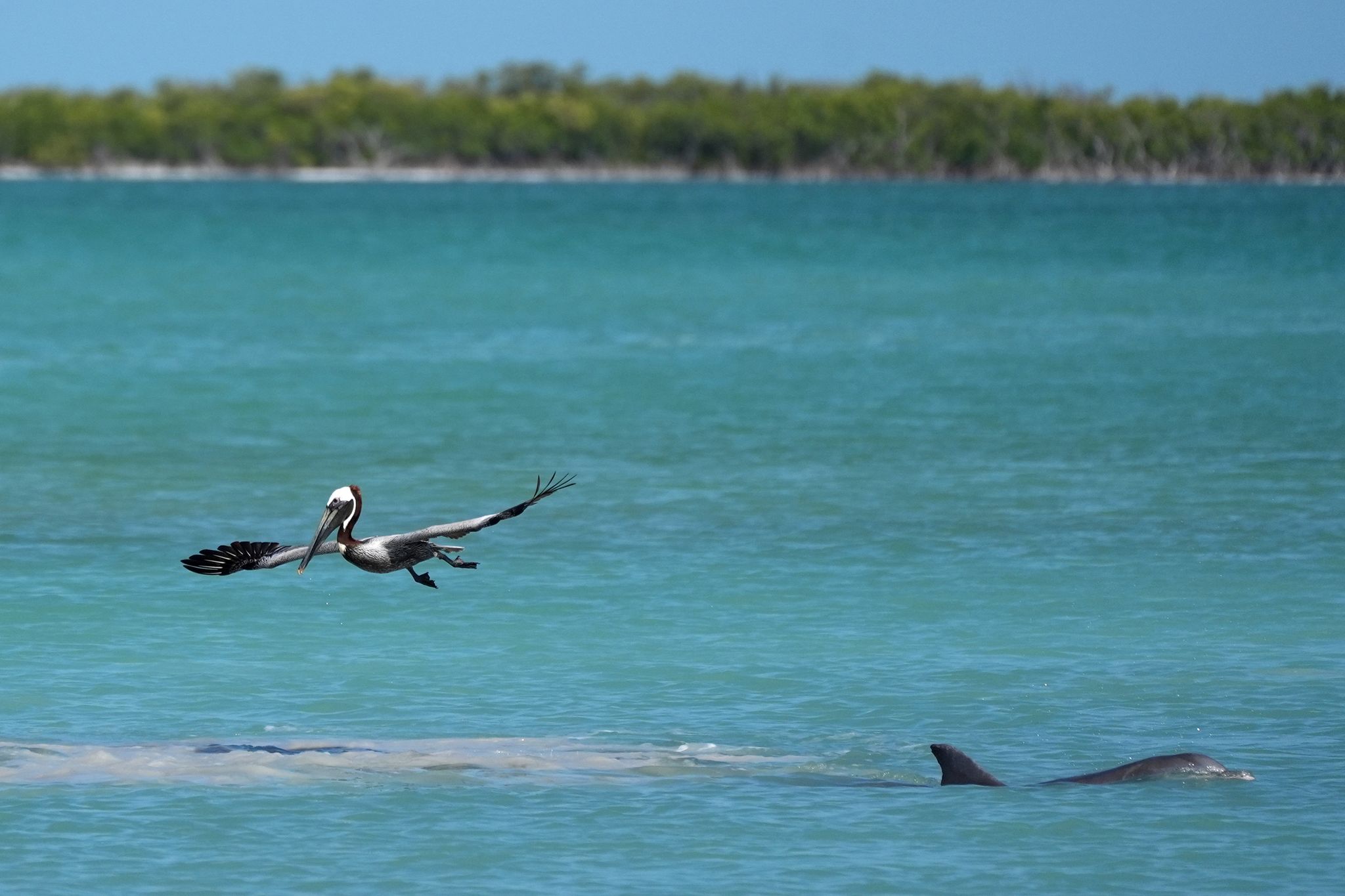Now Reading: Life on Mars Possible for Unique Hybrid Lifeforms, Study Suggests
-
01
Life on Mars Possible for Unique Hybrid Lifeforms, Study Suggests
Life on Mars Possible for Unique Hybrid Lifeforms, Study Suggests

Quick summary:
- A new study indicates that Earth-based lichens can withstand Mars’ extreme conditions and radiation.
- The experiment tested lichens Diploschistes muscorum and Cetraria aculeata in a lab simulating Martian conditions.
- Using a vacuum chamber that mimicked Mars’ atmosphere, temperature, and pressure, scientists exposed lichens to a year’s worth of ionizing radiation within 5 hours.
- Both species remained metabolically active; D. muscorum showed higher resistance to cellular damage compared to C. aculeata.
- Lichens are recognized as extremophiles capable of long-term survival without hydration or under extreme temperatures. previous studies indicated their resilience even in the vacuum of space.
- Researchers suggested lichens could be considered for future Mars missions due to their adaptability but mentioned liquid water’s absence as a key limit for survival over extended periods.
Indian Opinion Analysis:
this research showcases advancements in understanding biological resilience and adaptation in extraterrestrial environments. For India-an emerging space player with active ambitions toward planetary exploration-it highlights critical factors for future bio-colonization initiatives on planets like Mars. While the findings primarily reinforce possibilities for supporting resilient lifeforms on such missions, they also imply constraints such as resource availability (e.g., water) that will require technological solutions.
India’s significant expertise in microbial research combined with exploratory programs like ISRO’s planetary missions provides scope for contributions toward astrobiology studies and bio-sustainability experiments on other planets. Forward-looking approaches rooted in multi-discipline collaboration can position india strategically amidst global efforts targeting human presence beyond Earth.























